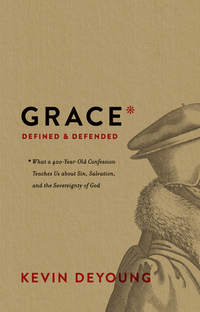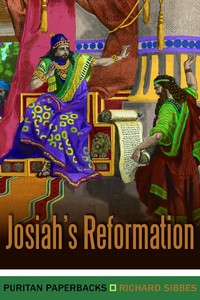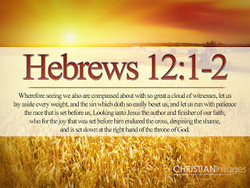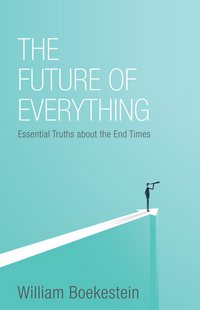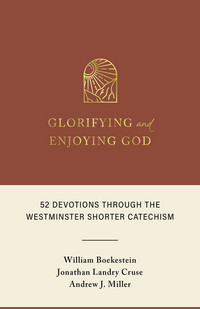 Glorifying and Enjoying God:
Glorifying and Enjoying God:
52 Devotions Through the Westminster Shorter Catechism
by William Boekestein, Jonathan Landry Cruse, Andrew J. Miller
DETAILS: Publisher: Reformation Heritage Books Publication Date: October 16, 2023 Format: Hardcover Length: 229 pg. Read Date: January 7-December 29, 2024

What’s Glorifying and Enjoying God About?
This is a devotional, as promised in the subtitle based on the Westminster Shorter Catechism. The authors, inspired by the organization of the Heidelberg Catechism into Lord’s Days, did the same here—organizing the 107 questions and answers of WSC into 52 weeks.
Each chapter begins with the question(s) for the week and then spends roughly four pages discussing the language of the answers or the topic addressed.
Strengths
Honestly, there’s at least a paragraph or two in each chapter where I could point to something and say “That right there justifies the rest of the chapter.” Not that any chapter was a miss—sure, some were stronger than others, but they were all helpful—but there was at least that paragraph that was better than the rest.
Sometimes it was a bit of insight that I hadn’t considered before or just the right bit of application to drive the point home. Either way, it really doesn’t matter.
I would say that the chapters covering the Law and the Ten Commandments might have been the strongest in the book—I thought that the authors brought a little extra clarity to their points here. Not in any sort of legalistic way or anything—I just thought they did a great job of showing how the commandments/Law revealed God’s character and pointed to the work and person of Christ in a way that they didn’t consistently achieve in other parts of the book.
Weaknesses
Not surprisingly, what I’m calling a shortcoming is actually part of the design. It’s not a bug, it’s a feature.
But the length, and therefore the depth, of each chapter just wasn’t enough for me. Now I realize many (most?) of these questions and answers could be the basis of a full-length book, and I’m not arguing we should’ve had 5200 pages or more in a devotional. But I think twice the length of each chapter wouldn’t have been that much to ask. Typically, these chapters were 3 1/2-4 pages in length—5-7 would’ve been much better.
But that would probably have taken the book out of what people expect from a devotional, and therefore would’ve hurt it. Still, I think it’d have been a stronger overall volume that way.
So, what did I think about Glorifying and Enjoying God?
Cruse and Boekestein have written books that I’ve written positively about before (I have another Cruse book to talk about soon, too), which is what drew me to this—along with the concept. I will continue to be drawn to books they author (and Miller, now, too). It’s difficult to tell who wrote what chapter (outside of the times they identified themselves)—they did a good job blending their voices (possibly they and an editor, I don’t know how the mechanics of it all worked).
The language is clear and accessible—it can be used for a family with fairly young children (with some help from mom and dad) or individuals of whatever level of education.
It is clear that the authors are pastors, the devotionals are directed for real people with real concerns, not mere theory—it might not be all “practical,” but it’s all useful.
The minutes a week I spent with this were typically helpful and edifying, and I’m going to miss this refresher in the Catechism (I’ve taken their 52 week breakdown and will be following it to keep that freshness). I look forward to returning to this devotional in a couple of years, expecting other things to jump out at me than did this time—but I expect I’ll find it as useful.

This post contains an affiliate link. If you purchase from it, I will get a small commission at no additional cost to you. As always, the opinions expressed are my own.
![]()



